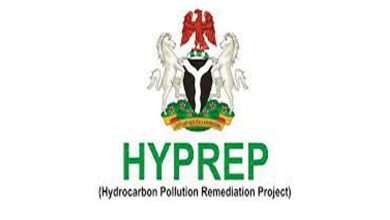MOSOP Elections: Ogoni Youths Condemn Legborsi Esaen, Mike Lube-Nwidobie
The National Youth Council of Ogoni People (NYCOP) has issued a statement condemning the activities of Legborsi Esaen and Mike Lube-Nwidobie over claims of a leadership crisis in MOSOP. The statement which was signed by the president of NYCOP, Dr. Young Nkpah called on politicians to desist from providing a support base for this miscreants.
The statement reads in part:
The National Youth Council of Ogoni People (NYCOP) hereby condemn the activities of Legborsi Esaen and one roadside Mike Lube-Nwidobie for trying to deceive members of the public into believing that there is an illusionary crisis in MOSOP.
NYCOP warns that the Ogoni youths will resist any attempt by any individual or group who wants to create problems in Ogoniland.
We call on all political leaders from Ogoni extraction to desist from providing a support base for this miscreants. NYCOP called on the law enforcement agencies to ensure the arrest and questioning of Legborsi Esaen before he and his cohorts cause problems than they have already caused.




